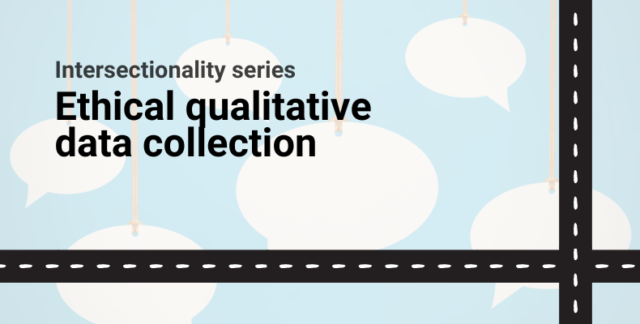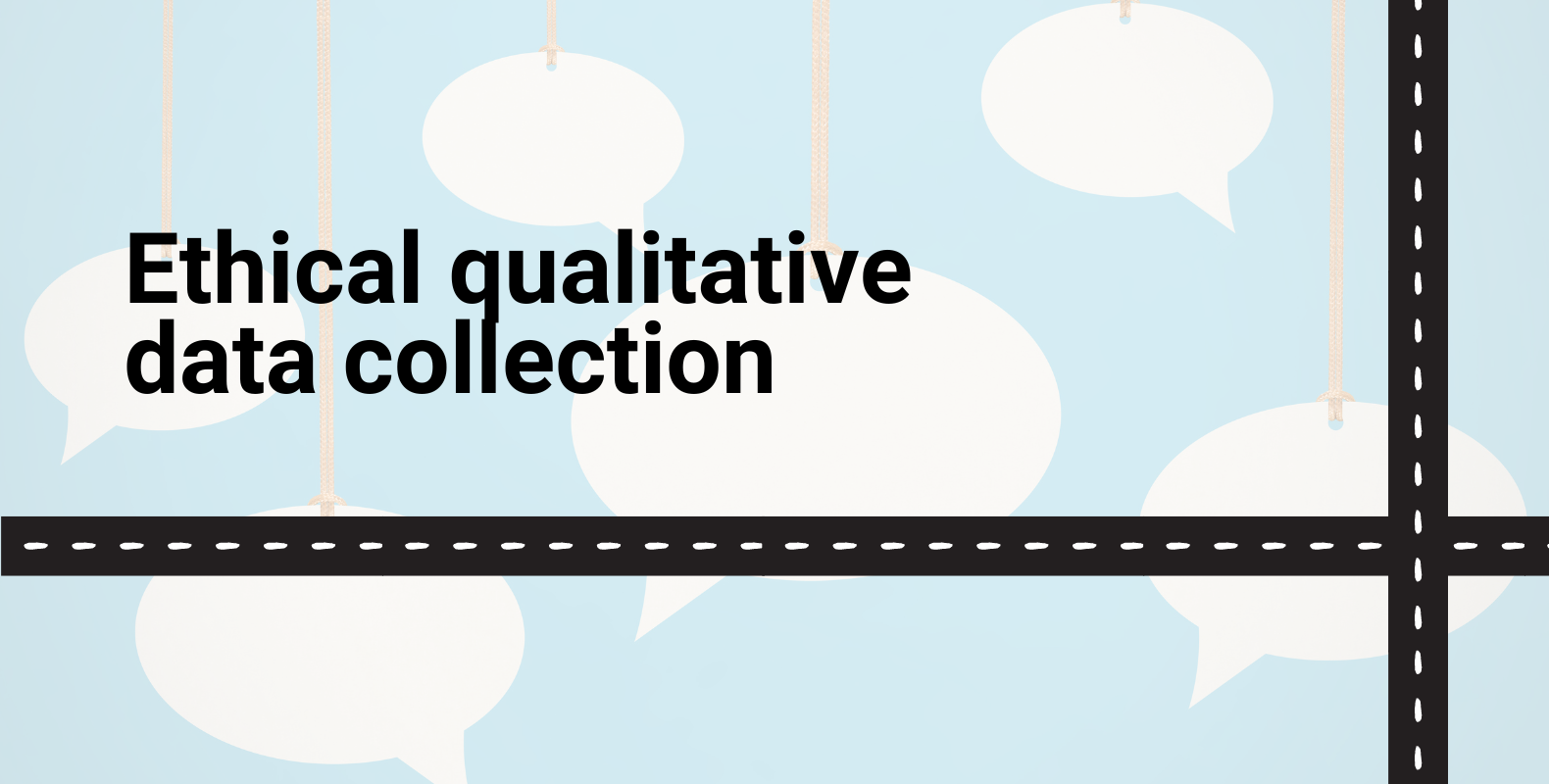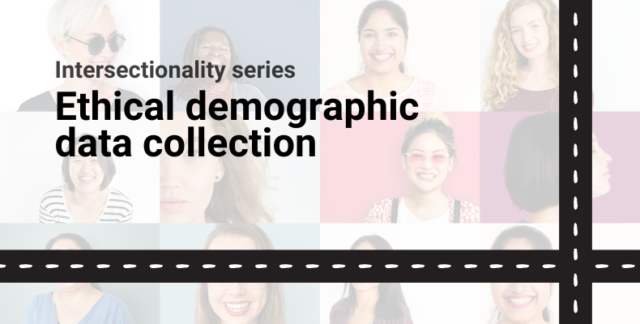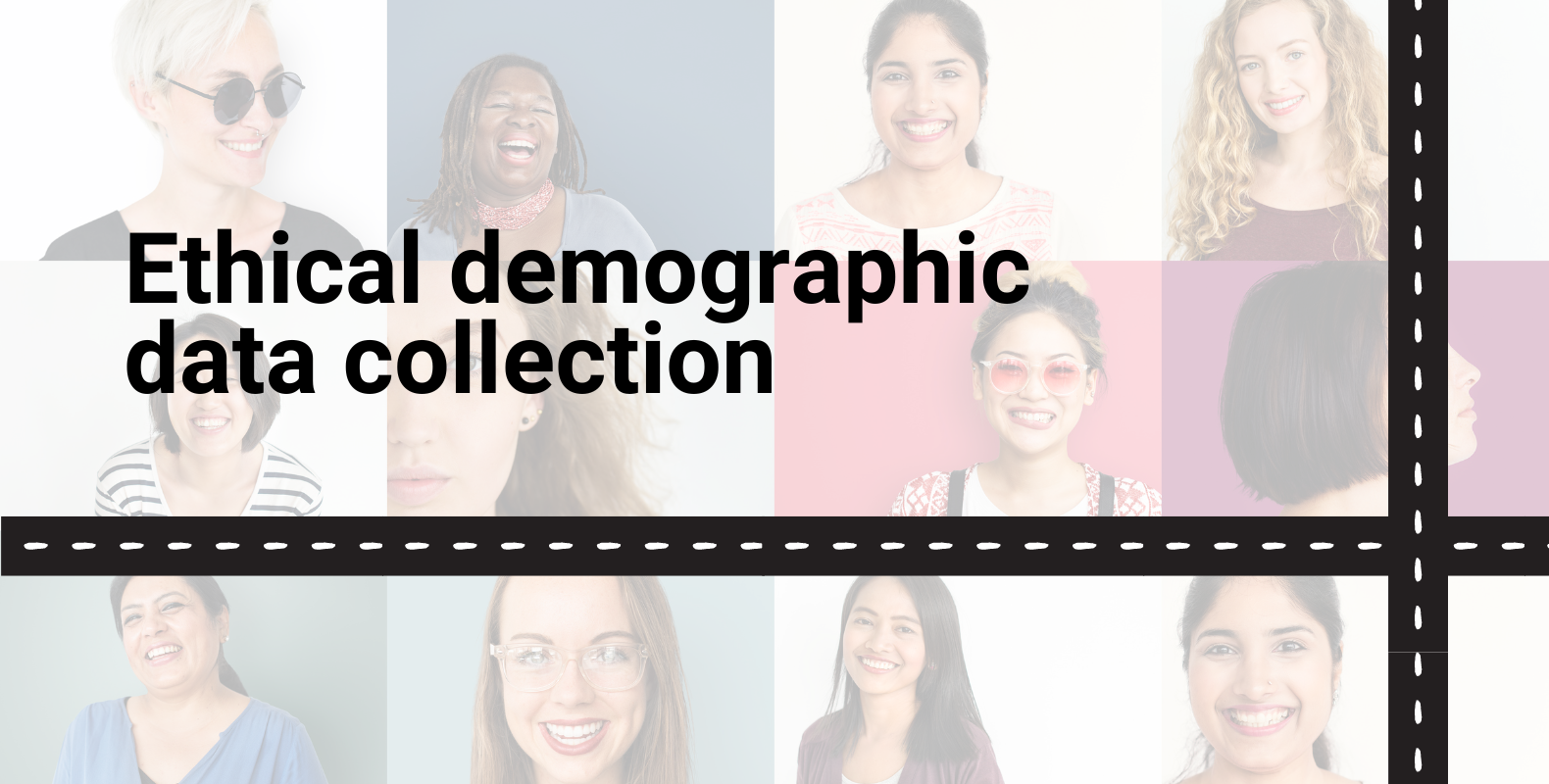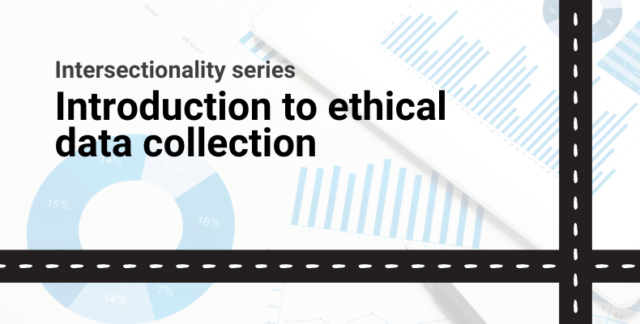Get together with colleagues from the SAGE network to unpack the Intersectionality Series session on ethical qualitative data collection.
Topic: Data and evaluation
Ethical qualitative data collection
Qualitative data is essential for understanding intersectionality. Learn how to get this data to support your gender equity, diversity and inclusion work.
Ethical demographic data collection
In this session, we discuss ways to co-design demographic questions, avoid deficit indicators and decide who gets access to the data collected.
Reflection in Practice (Session 2)
Get together with fellow practitioners in the SAGE community to discuss learnings from the introduction to ethical data collection.
Using Human Factors and Ergonomics (HFE) methods to achieve gender equity
HFE methods are used to design safe, user-friendly products that meet people’s needs. Can we apply the same methods to set up workplace policies and systems that achieve inclusive outcomes for all?
Introduction to ethical data collection
If you’re collecting staff or student data for an intersectional analysis, it’s important to do it in a respectful and purposeful way. Three experts in data ethics and research methods tell us how.

